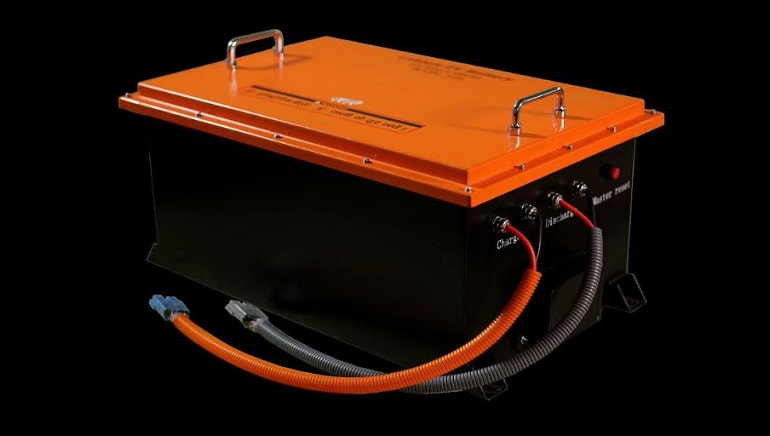Cutting-edge Hydrometallurgy Technology to Recover 95% of Battery Raw Materials
RecycleKaro, a prominent player in sustainable lithium-ion battery recycling, has announced a strategic partnership with Bajaj Auto, a global leader in the automotive manufacturing space, for the recycling of lithium-ion batteries. This collaboration aims to employ RecycleKaro’s cutting-edge Hydrometallurgy technology to recycle end-of-life batteries from Bajaj Auto vehicles. The innovative Hydrometallurgy technology enables the recovery of 95% of high-purity battery raw materials, such as cobalt, lithium, nickel, and manganese, which can be repurposed for new battery manufacturing.
This partnership represents a significant milestone in responsible battery disposal and resource conservation, with the goal of recycling 500 metric tonnes of end-of-life batteries annually. By doing so, this initiative not only reduces battery waste but also enhances resource utilization, aligning with global sustainability objectives and the principles of a circular economy.
The partnership between RecycleKaro and Bajaj Auto not only addresses the pressing issue of battery disposal but also emphasizes the necessity of sustainable practices in the automotive industry. Bajaj Auto’s commitment to environmental stewardship and responsible resource management is underscored through this collaboration.
Mr. Rajesh Gupta, Founder & Director of RecycleKaro, stated, “As the EV market continues to grow rapidly, we are witnessing a significant surge in battery waste, which demands our attention. Leveraging our battery recycling expertise, our commitment is to support Bajaj Auto in their dedication to the circular economy and drive progress in the EV industry. Embracing the circular economy is not just essential; it’s imperative. Through the recycling of these end-of-life batteries, we’re not only reducing waste but also reshaping resource utilization for a sustainable future. This marks a significant stride toward net zero targets.”


